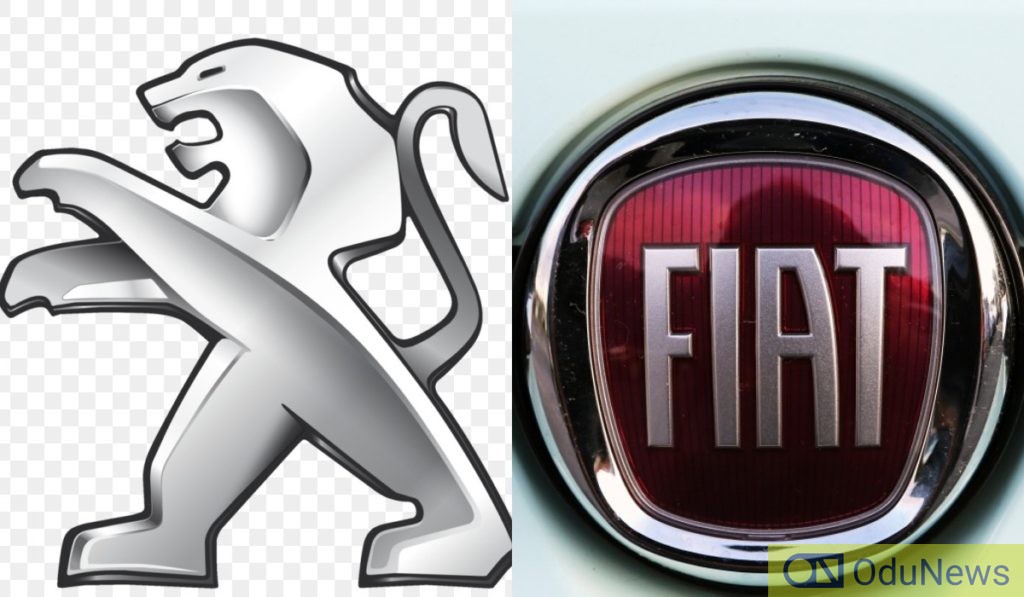
Automobile giants, Peugeot and Fiat Chrysler have finally reached an agreement of a £38bn ($50bn) merger that will create the world’s fourth-largest carmaker, the companies announced on Wednesday.
The two parent companies, PSA Group and Fiat Chrysler Automobiles, confirmed there will be no plant closures as part of €3.7bn in cost savings from the merger, a key concern for more than 1,000 workers at PSA’s Vauxhall factory in Ellesmere Port.
PSA’s boss Carlos Tavares, who previously oversaw PSA’s successful integration and turnaround of the Vauxhall and Opel brands, will stay on as the chief executive of the new group, which will have combined annual sales of about 8.7m vehicles.
On the basis of 2018 sales, the companies would have revenues of almost €170bn and operating profits of €11bn. A new name is yet to be announced.
John Elkann, a scion of the Agnelli family, who controlled Fiat, will become the group’s chairman. The Agnelli family’s investment vehicle will have representation on the board as well as the Peugeot family and Bpifrance, the French state’s investment arm.
Sign up to the daily Business Today email or follow Guardian Business on Twitter at @BusinessDesk
The merger will create a new Franco-Italian-American powerhouse, domiciled in the Netherlands – a neutral location – but listed in Paris, Milan and New York. It will aim to give the combined group the financial firepower to invest in electric and autonomous vehicle technology to adjust to the fundamental shift that is on its way in the car industry.
Tavares said: “Our merger is a huge opportunity to take a stronger position in the auto industry as we seek to master the transition to a world of clean, safe and sustainable mobility and to provide our customers with world-class products, technology and services.”
The merger, which is expected to be completed in about a year’s time, comes after a proposed deal between FCA and PSA’s French rival Renault fell through in June. FCA said the French government’s opposition had prevented the Renault tie-up but it remained convinced of the need for consolidation, a strategy pushed by the late Fiat boss Sergio Marchionne.

